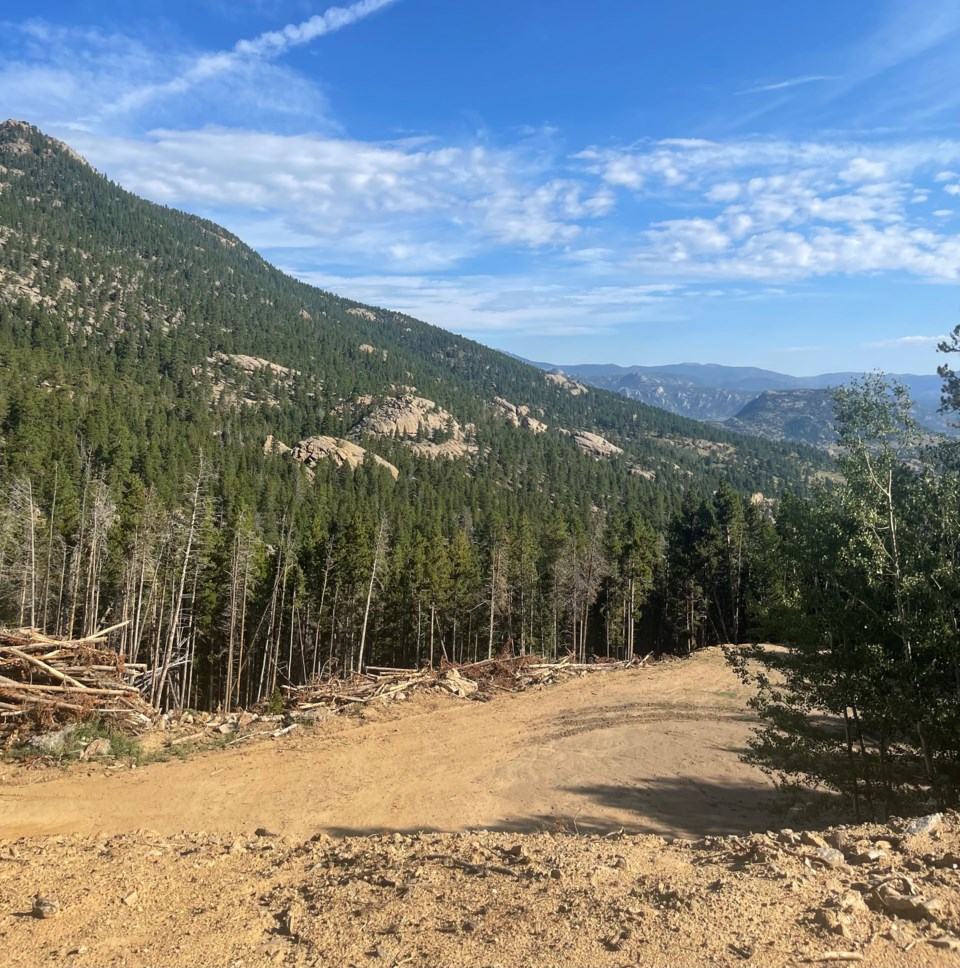Sunny days are outgrowing the bitter cold days as summer approaches in Colorado. The influx of hikers is to be expected but there are many things to keep in mind as the weather warms and hikers hit the trails.
Early morning until noon is the best time of day to hike during summer, according to Rocky Mountain National Park Guide Stephen Dolan. Afternoon thunderstorms are a frequent occurrence in the warmer months and lightning strikes are a danger to hikers.
“Monitoring the weather is key to being prepared no matter what time of the day you plan to hike,” Dolan said.
There are ten essentials every hiker should carry, according to Dolan:
1. A navigation device, such as a map, compass or GPS system is essential in areas where hikers lose track of their surroundings and may not have cellular service.
2. Sun protection — sunglasses, sunscreen or a hat — can help prevent sun damage and heat stroke.
3. Insulation is necessary while hiking in cold weather conditions. A jacket, hat, gloves, rain shell and thermal undergarments can provide protection from frostbite and keep the hiker comfortable.
4. Illumination such as flashlights, lanterns or a headlamp is a safety precaution that can come in handy when hiking in the later hours of the day.
5. A first aid kit can’t be forgotten in the wilderness. It can make injuries much easier to deal with.
6. Fire starters are essential for emergency situations. A lighter is a compact item that can be tucked in a pocket or backpack.
7. A hiker never knows when a repair kit loaded with scissors, a knife, duct tape and a screwdriver will come in handy.
8. A form of food such as granola bars or canned soup can cure fatigue and provide nutrition in emergency situations.
9. Staying hydrated is key. Water and water treatment supplies such as a purifier ensure suitable hydration.
10. A tent, blanket, tarp and sleeping sack can save a life.
Being cognizant of the environment is just as important as staying safe while hiking. Dolan recommends reading the park regulations before arrival and ensuring departure before the park closure.
Staying on the designated hiking trails is another essential factor in maintaining a healthy environment and can prevent undesired wildlife encounters. Hikers should dispose of any waste and should withhold from tampering with natural objects. The goal is to leave no trace behind, Dolan said.
Whether you’re hiking a serene one-mile trail or taking on a thrilling 14er this summer, stay safe and know your limits, Dolan noted.



